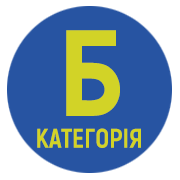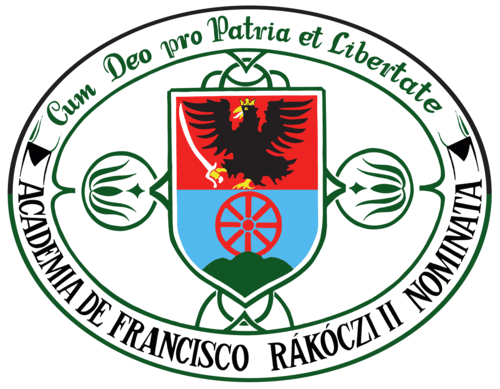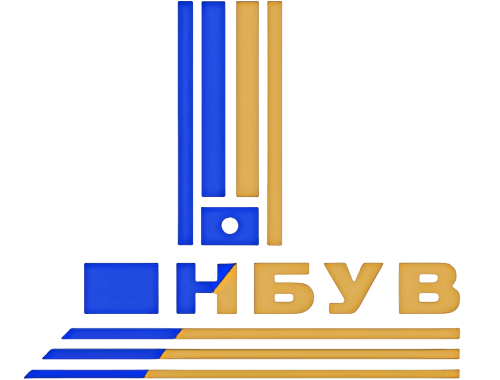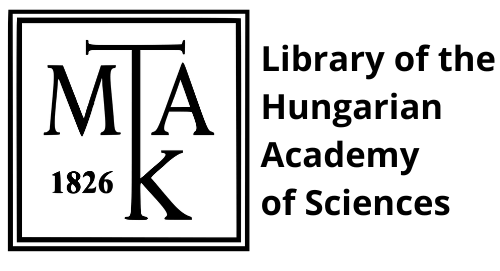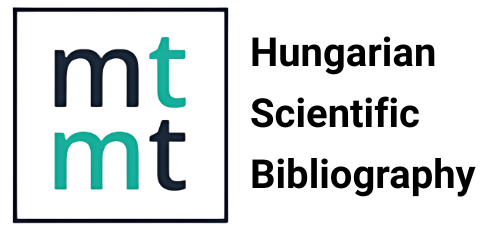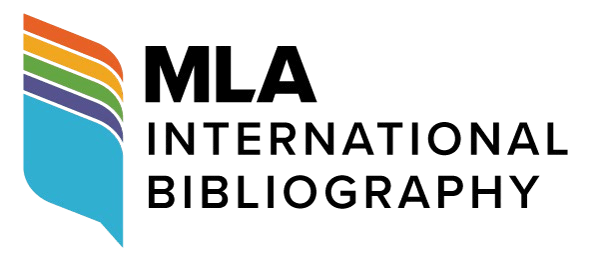The right to education in the mother tongue for Ukrainian refugees in Romania according to international and national law
DOI:
https://doi.org/10.58423/2786-6726/2024-2-70-89Keywords:
minority language rights, refugee language rights, linguistic discrimination, Framework Convention for the Protection of National Minorities, European Charter for Regional or Minority LanguagesAbstract
Since the outbreak of the Russian invasion in February 2022, millions of Ukrainian citizens have sought refuge in Romania, with a significant number of people still remaining in the country as of the latest reports. Romanian government data indicate that by April 2024, approximately 154,617 Ukrainian refugees, including 50,000 school-aged children, were residing in the country. Before this crisis, Romania had established robust educational language rights for its Ukrainian minority of around 40,000 citizens. This study rigorously examines these pre-existing language rights within Romania’s legal framework, focusing on public education provisions. Central to the inquiry is whether the comprehensive language rights afforded to Romania’s Ukrainian minority could be extended to the Ukrainian-speaking refugees.
The study begins with an introduction contextualizing the refugee crisis and outlining the existing legal framework for minority language rights in Romania. The legal analysis covers constitutional and sub-constitutional provisions, alongside with an examination of international agreements such as the bilateral treaty between Romania and Ukraine, the Framework Convention for the Protection of National Minorities, and the European Charter for Regional or Minority Languages. Special emphasis is placed on education provisions, including curriculum design, textbooks, language of instruction, and decision-making.
By addressing these pivotal questions, this study contributes to the theoretical discourse around the personal scope of minority language rights in Europe and offers a nuanced insight into Romania’s legal framework on minority language education. It also seeks to elucidate how Romania’s legal commitments accommodate both established minority communities and newly arrived refugees with similar linguistic and cultural backgrounds. Further sociological research is needed to explore the implementation of Ukrainian-language education to the benefit of the Ukrainian refugees, which was beyond the scope of this study. Nevertheless, Romania possesses all the necessary legal elements to serve as a truly best practice model in Europe for organizing and ensuring good quality education in the mother tongue for Ukrainian refugees.
References
Bethlendi, András – Ilyés, Zsolt 2020. Educația în limba maghiară în România [Hungarian language education in Romania]. In: Fábián, Gyula ed. Standarde controversate ale coexistenței juridice dintre majoritate și minoritatea maghiară în România. București: Editura Hamangiu. pp. 3–28. (In Romanian)
Boia, Lucian 2015. Cum s-a românizat România [How Romania became Romanized]. Bucureşti: Humanitas. (In Romanian)
Constitution of Romania. https://www.presidency.ro/en/the-constitution-of-romania (Accessed: 10. 06. 2024).
Eide, Asbjørn 2009. The Council of Europe’s Framework Convention for the Protection of National Minorities. In: Henrard, Kristin – Dunbar, Robert eds. Synergies in Minority Protection: European and International Law Perspectives. Cambridge: Cambridge University Press. pp. 119–154. https://doi.org/10.1017/CBO9780511575372.006
Oszmiańska-Pagett, Aleksandra – Crnić-Grotić, Vesna 2022. The European Charter for Regional or Minority Languages: its origins, structure, and process. In: Grenoble, Lenore – Lane, Pia – Røyneland, Unn eds. Linguistic Minorities in Europe Online. Berlin – Boston: De Gruyter Mouton. https://doi.org/10.1515/lme.16303552
Szalayné Sándor, Erzsébet 2017. A Kisebbségvédelmi Keretegyezmény húsz év után – Tapasztalatok a negyedik monitoring ciklus végén [The Framework Convention for the Protection of Minorities after twenty years – Experiences at the end of the fourth monitoring cycle]. Kisebbségi szemle 3: pp. 43–56. (In Hungarian)
URL1: Ukraine Refugee Situation. https://data.unhcr.org/en/situations/ukraine/location/10782 (Accessed: 15. 05. 2024).
URL2: Report on the Integration of Ukrainian Refugees in Romania. https://protectieucraina.gov.ro/1/wp-content/uploads/2024/06/Monthly-report-April_English.pdf (Accessed: 10. 05. 2024).
URL3: The Main Types and Causes of Discrimination. United Nations Document, E/CN.4/Sub.2/40/Rev.1. https://documents.un.org/doc/undoc/gen/g49/000/03/pdf/g4900003.pdf (Accessed: 17. 05. 2024).
URL4: Definition and Classification of Minorities. United Nations Document, E/CN.4/Sub.2/85. https://documents.un.org/doc/undoc/gen/gl9/910/90/pdf/gl991090.pdf (Accessed: 19. 05. 2024).
URL5: UN Declaration on the Rights of Persons Belonging to National or Ethnic, Religious and Linguistic Minorities. https://www.ohchr.org/en/instruments-mechanisms/instruments/declaration-rights-persons-belonging-national-or-ethnic (Accessed: 11. 06. 2024).
URL6: Document of the Copenhagen Meeting of the Conference on the Human Dimension of the CSCE. https://www.osce.org/files/f/documents/9/c/14304.pdf (Accessed: 15. 06. 2024).
URL7: Explanatory Report to the Framework Convention for the Protection of National Minorities. https://rm.coe.int/16800c10cf (Accessed: 17. 08. 2024).
URL8: Explanatory Report to the European Charter for Regional or Minority Languages. https://rm.coe.int/16800cb5e5 (Accessed: 19. 08. 2024).
URL9: Official Bulletin of Romania № 752; 06. 11. 2007. https://monitoruloficial.ro/Monitorul-Oficial--PI--752--2007.html (Accessed: 14. 08. 2024).
URL10: Council of Europe 1992. European Charter for Regional or Minority Languages. https://www.refworld.org/legal/agreements/coe/1992/en/41001 (Accessed: 10. 07. 2024).
URL11: Legea învăţământului preuniversitar nr. 198/2023 [Law on pre-university education no. 198/2023]. https://lege5.ro/Gratuit/geztqmjtgq2tm/legea-invatamantului-preuniversitar-nr-198-2023 (Accessed: 19. 07. 2024). (In Romanian)
URL12: Third and Fourth periodical Romanian state report. https://rm.coe.int/romania-min-lang-2022-1-pr3-and-pr4-romania-third-and-fourth-periodica/1680a7003f (Accessed: 15. 08. 2024).
URL13: Школи з українською мовою викладання/в яких вивчається українська мова [Schools with the Ukrainian language of instruction/in which the Ukrainian language is taught]. https://uur.ro/invatamant/scoli-cu-predare-in-limba-ucraineana/?lang=uk (Accessed: 25. 08. 2024). (In Ukrainian)
URL14: Învățământ în limba ucraineană în România [Education in the Ukrainian language in Romania]. https://uur.ro/invatamant/?lang=en (Accessed: 20. 08. 2024). (In Romanian)
URL15: Manuale școlare [School textbooks]. https://www.edu.ro/manuale-scolare (Accessed: 14. 07. 2024). (In Romanian)
URL16: Cîmpeanu anunță primele măsuri educaționale pentru copiii refugiați: În 55 de școli din 8 județe se predă în limba ucraineană, dar numărul profesorilor este insuficient [Cîmpeanu announces the first educational measures for refugee children: Ukrainian is taught in 55 schools in 8 counties, but the number of teachers is insufficient]. https://www.edupedu.ro/cimpeanu-anunta-primele-masuri-educationale-pentru-copiii-refugiati-in-55-de-scoli-din-8-judete-se-preda-in-limba-ucraineana-dar-numarul-profesorilor-este-insuficient-cautam-printre-refugiati-cadr/ (Accessed: 19. 08. 2024). (In Romanian)
Downloads
Published
How to Cite
Issue
Section
License
Authors retain copyright and grant the journal the right of first publication. The work is simultaneously licensed under a Creative Commons Attribution 4.0 International License (CC BY 4.0), which permits others to share the work with appropriate credit given to the author(s) and the initial publication in this journal.

